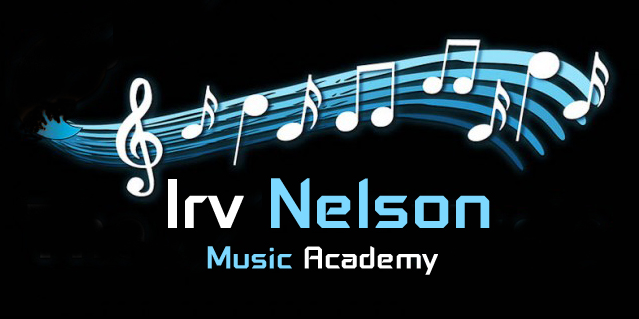
My students have more fun!
Piano Lessons
for intermediate and advanced pianists
Imagine being able to take a piece of music that's too high for you to sing, and transpose it down a few steps so you can sing it. Or being able to take a hymn and make up a piano solo that amazes people, on the spot, with no other music sitting in front of you except the plain old hymnbook version. Or to hear a song on the radio or on YouTube, then walk over to the piano, and play it. Most pianists cannot do such things, and assume that those who can have special talents lacking in themselves.
Is the ability to improvise and play by ear a natural talent that you either have or don't have? NO! For nearly 40 years, I have been teaching traditionally trained pianists the skill set and knowledge they need to play by ear. Many of my students have been adults who are competent sight readers -- including concert pianists -- who want to develop their skills in improvisation and arranging.
If these skills can be learned, then why do so few pianists possess them? The answer is obvious: because those skills were not taught in their piano lessons. The problem isn't that very few people have the capacity, it's that very few piano teachers teach this stuff.
That's sad enough, but it gets worse. Not only do most piano teachers fail to teach these skills, they actually do the opposite. They teach their students that playing by ear and improvising are bad, and they strongly discourage their students from doing so! Thus, the natural ability to play by ear and to improvise is systematically "trained out" of nearly all piano students. If you talk to pianists who can play by ear, you'll learn they had to develop that skill on their own... despite the best efforts of their piano teachers and piano books to purge them of such inclinations!
Thus, most keyboard players who want to join a rock band can't play by ear like the guitarist, bass player, and drummer do. Doesn't that seem a little strange? High school jazz bands can't find a pianist who can read a chord chart. Most accomplished pianists can't transpose a key signature or improvise on a hymn or play an original solo line in a song. It's a travesty.
This aspect of the traditional piano lesson paradigm is a disaster for those who desire to become professional pianists. Very few pianists will ever make a living playing Rachmaninoff in symphony concert halls. Perhaps it's sad, but it's nonetheless true that there just isn't much money in that market, and that it is ridiculously competitive. And yet, traditional lessons persist in pushing students towards that one goal. The entire system is structured to give students the very narrow skill set specific to classical concert performance. Little or no attention is given to the broader skill set needed to support oneself by playing the piano: the ability to improvise, to transpose to different keys, to arrange, to compose, to embellish, to play a song by ear after hearing it one time, to make up impromptu solos in the middle of a song, to accompany a singer without playing the melody with the right hand, to play many different styles of music, to read a chord chart or lead sheet, to create a chord chart, and to speak the language of jazz and pop/rock/country musicians. Even university graduates with degrees in piano performance find that they are ill prepared to make a living playing the piano. Unless they have developed a broader skill set on their own, in secret, without the permission of their teachers, they lack the tools to play piano professionally for musical theater, television shows, motion pictures, session playing in recording studios, jingle composition and recording, and live performance in bands. Many of them end up teaching piano, where they pass along the same set of dysfunctional taboos that they inherited from their own teachers.
The shortcomings of the traditional paradigm are also damaging to those who do not aspire to make a living as a pianist, because they cause the pianist to be limited in what he or she can do. At one time or another, every pianist has been asked to transpose a key for a singer. Why shouldn't that skill be taught?
The good news is, if this sounds like you, it's not too late. No matter what piano system you learned under and how long you have played, you can learn to play by ear, to improvise, and to have fun with piano. I haven't yet found a person who can play piano at a moderate level of proficiency who can't learn to play by ear. All you have to do is learn some basic chord theory, then let me help you undo the damage caused by years of being told it's against the rules to play by ear. Give me a call and let's explore your musical goals and how I can help you achieve them!
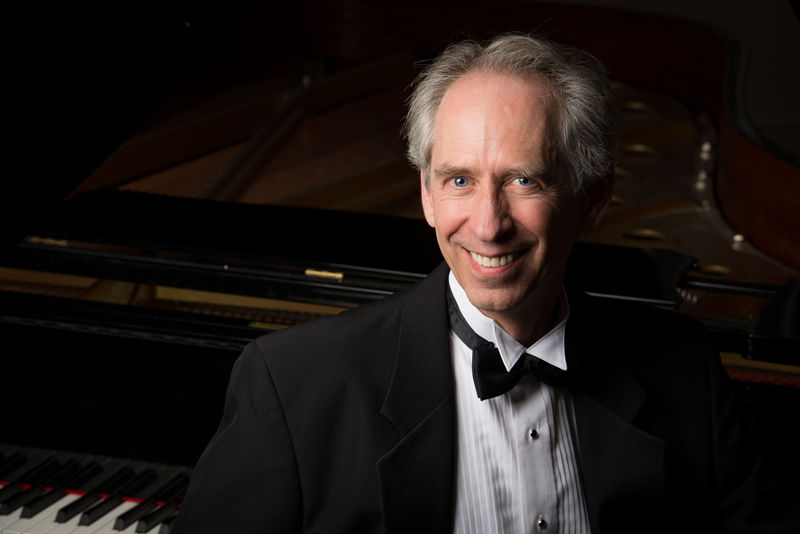
Dr. Irv Nelson has more than 50 years of piano playing experience. I play all types of keyboard instruments, including piano, electric piano, electric organ, synthesizer, sampler, and pipe organ. I can read music and also play by ear (I can play just about any song after hearing it once or twice... even when hearing a song for the first time I can often play along with the record with 90% accuracy after hearing just the first two chords.) My musical experience spans a wide variety of musical styles, including classical, musical theater, sacred, and rock. I have been an organist in my church for 40 years and have written a book for pianists about how to play the pipe organ. In addition to keyboards, I play guitar and bass guitar, and I played viola (many years ago!) in high school. I am a tenor vocalist who has performed with many bands and in many choirs, as well as on stage as an actor. I am also a choral conductor. I have played keyboards in bands for 40 years and am currently a member of The Fender Benders classic rock band, Relic Acoustic Band, and Cristina & Irv vocal/piano duo. I also fill in with many other artists and groups on occasion, including Brandon & Kenzie Lee's concert group. I am a composer and arranger, whose arrangements have been performed by the USU Chorale and Chamber Singers, as well as other prestigious soloists and choirs around the world. My hymn compositions and arrangements have received widespread acclaim and are available for free download at IrvNelsonMusic.com. I have studied music theory, as well as educational psychology, at the university level. I hold a Ph.D. and have many years of teaching experience in a variety of settings. I have published peer-reviewed, academic articles on how students learn and how to structure the learning environment to help them learn better. I love music and I love teaching, and I couldn't tell you which of the two is my greatest talent or which I love more.
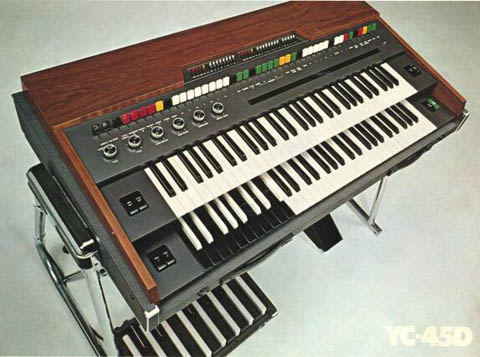

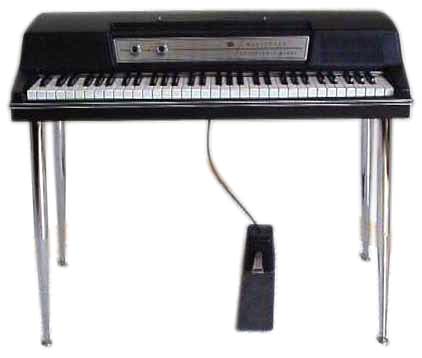
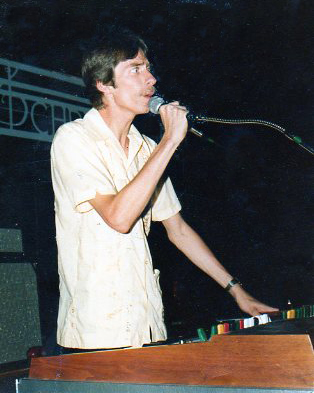
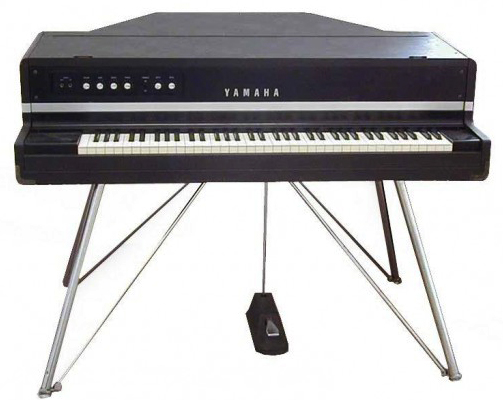
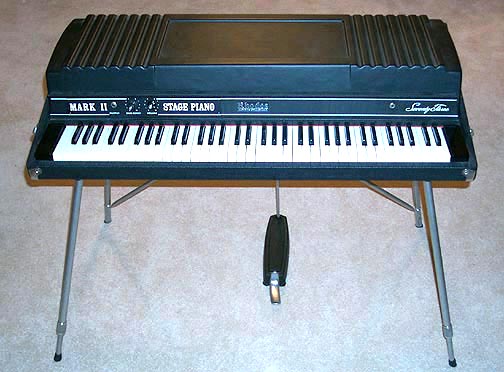
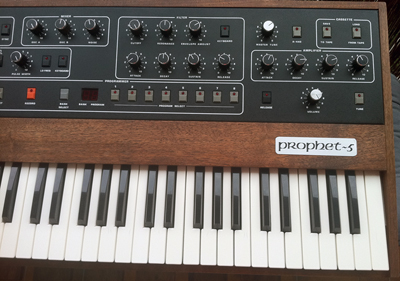
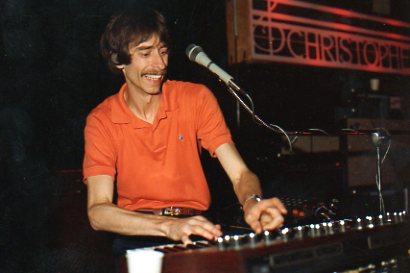
In recent decades, I played on three generations of the amazing Kurzweil digital sampling keyboards: the K-2000 in the 1990s (left), K-2661 in the 2000s (center), and the PC3K6 in the 2010s (right).
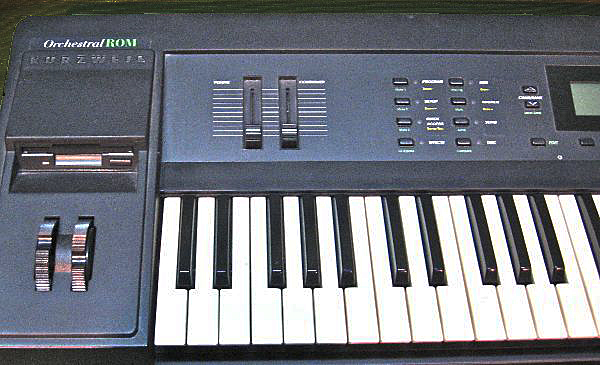
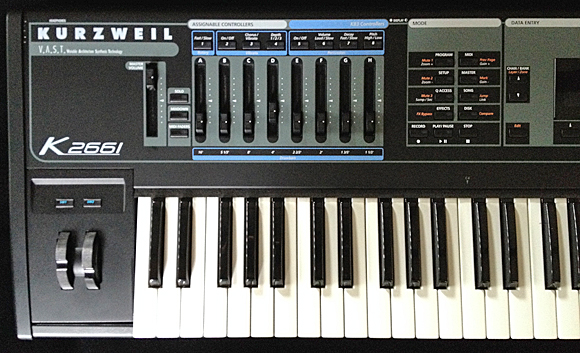
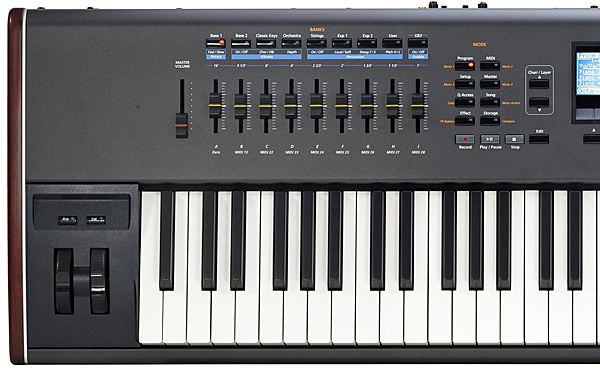
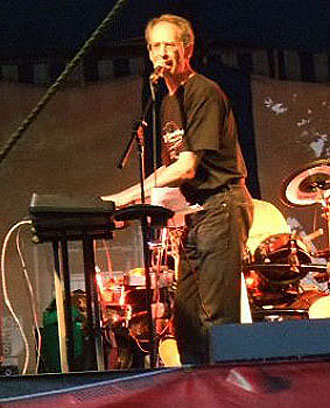
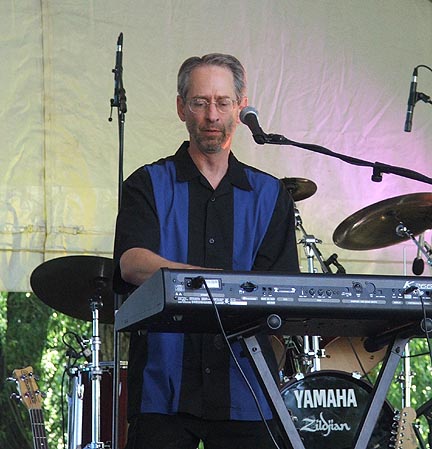
I played the Kurzweils through a vintage Fender Bassman Ten tube amplifier that I extensively modified, and also through a rotating speaker of my own design that emulated a Leslie (but was much smaller and lighter to carry). I also used a Yamaha P-155 digital piano for certain performances.
I am very thankful for modern technology. Today, I have consolidated everything into one keyboard: the amazing Korg Grandstage. It does everything all my old vintage keyboards did, plus many other sounds, including some amazing 9' grand piano emulations. It weighs just over 40lbs, with a full 88 keys and a grand piano action. The tube and Leslie digital simulations are so realistic that it does not need a tube amp or a spinning speaker.
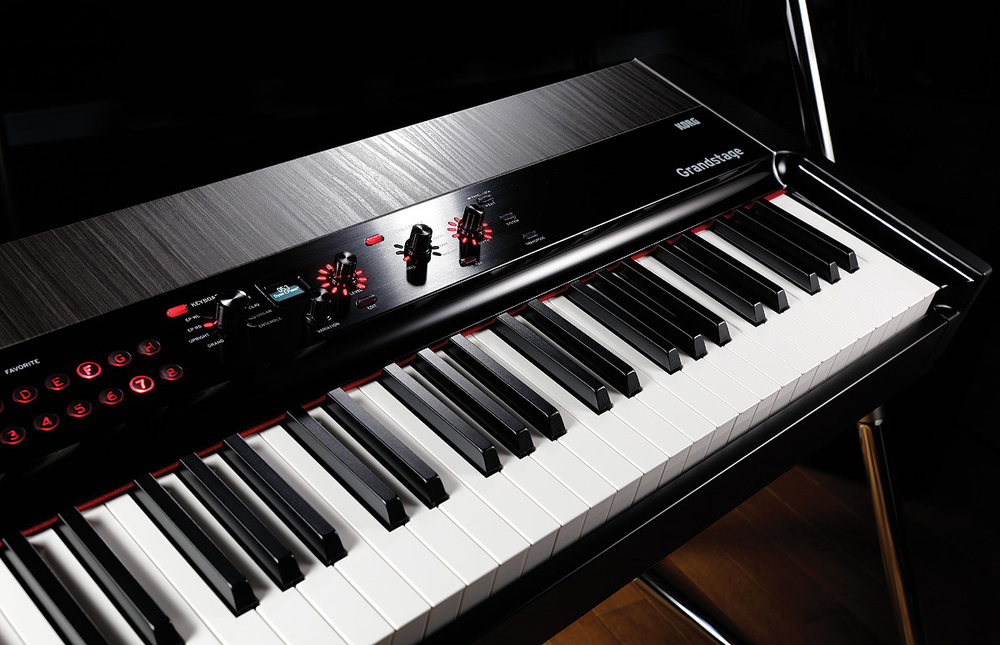
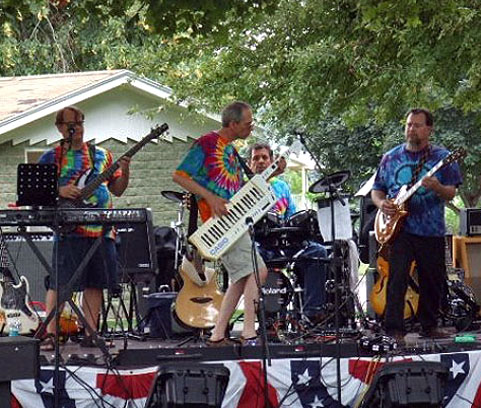
The reason I tell you about my equipment is so you'll know how much I love playing keyboards and how serious I am about this instrument! I love teaching piano!
Testimonial of a student (fast forward to 4:55)
PRACTICING (for parents of minor students)
PRACTICING (for adult students)
SELECTING A PIANO
SELECTING A PA SYSTEM
IRV'S STORY
CONTACT ME
IRV NELSON MUSIC ACADEMY HOME PAGE